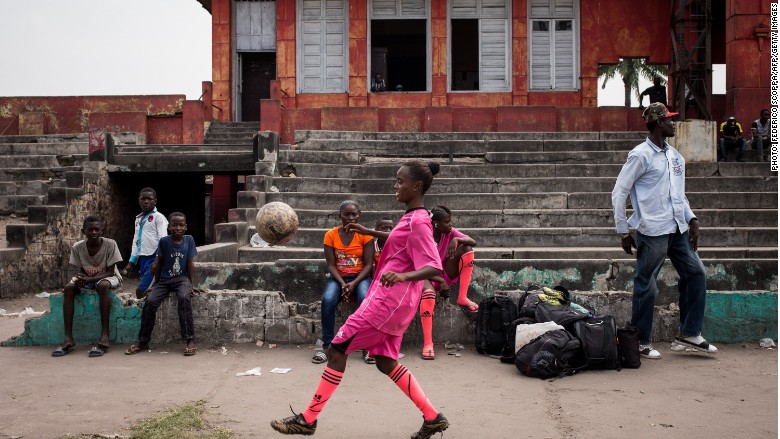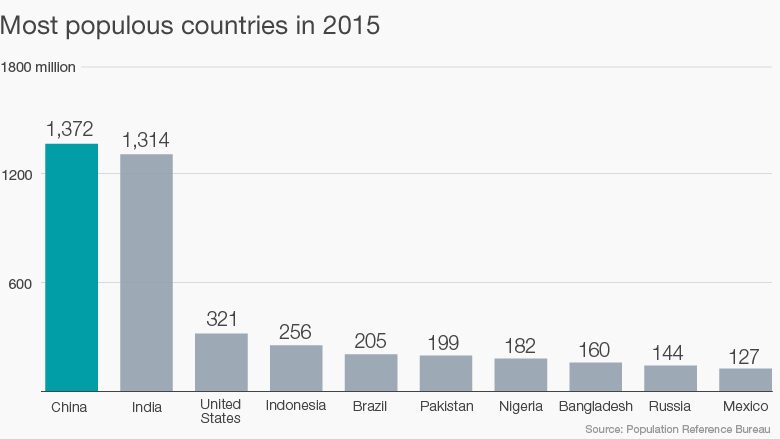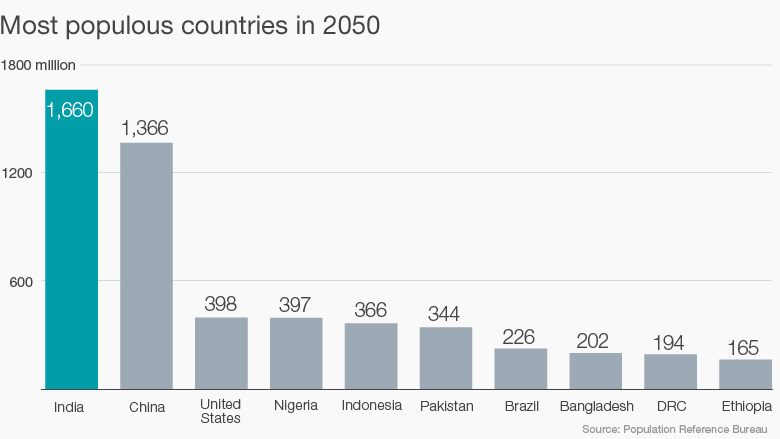
Move away other continents. Africa is coming.
Three out of the top 10 most populous countries in 2050 will be in Africa, a new report shows.
Nigeria, currently the seventh most populous country in the world, will rise to the fourth spot by 2050, the Washington-based Population Reference Bureau said.
Democratic Republic of Congo and Ethiopia will replace Russia and Mexico as countries No. 9 and No. 10.
The report sees many African countries rising in the ranks throughout the next three decades because of to high fertility rates and improved life expectancy. The data show that populations will more than double in 40, mostly African, countries.
The numbers also show that China, with 1.3 billion people now, will be leapfrogged by India as the most populous country in the world by 2022.
The bureau's annual Population Data Sheet sees the global population ballooning by 2.5 billion to 9.8 billion by 2050.

The U.S., projected to have 398 million inhabitants by 2050, will just about maintain its position as the third most populous country. Nigeria is expected to be home to 397 million people.

The rise of African countries is not surprising. The bureau's report shows that the 10 countries with the highest fertility rates are currently in Africa. Niger, with 7.6 children per woman, is leading the table. South Sudan, where the average is 6.9 children per woman, comes second, followed by the Democratic Republic of Congo and Somalia tied for third with 6.6 babies per woman.
While African countries will boom in terms of population, the situation in some of the world's most developed countries won't be that rosy, mainly due to falling birth rates and aging. Populations in 34 countries are projected to be smaller in 2050 than it now. Japan is projected to see the biggest decline with 30 million fewer people living in the country.
